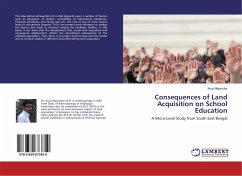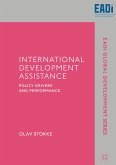Unintended consequences of multilateral targeted sanctions have received growing attention in recent years. This study examines the unintended consequences of the sanctions regime imposed on Libya from 2011 to 2017 on the following three domains. Firstly, on corruption and criminality, secondly on humanitarian consequences and human rights' violations and lastly on political factionalism. Combining the 'generic complexity theory' with the 'security governance theory', this research argues that the multilateral sanctions regime imposed on Libya post-2011 contributed, amongst other factors, to the three above mentioned negative consequences. Particularly, it illustrates how the sanctions led to the proliferation of arms, which, in turn, strengthened a variety of political factions leading to great instability in Libya. On a theoretical level, this study approves both above mentioned theories and especially highlights the value of complexity theory.
Bitte wählen Sie Ihr Anliegen aus.
Rechnungen
Retourenschein anfordern
Bestellstatus
Storno








